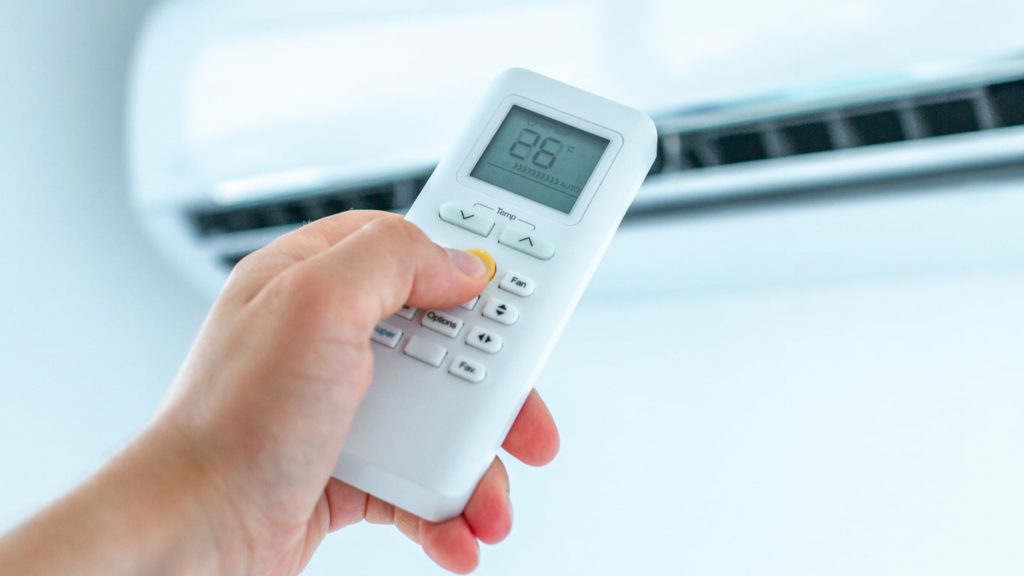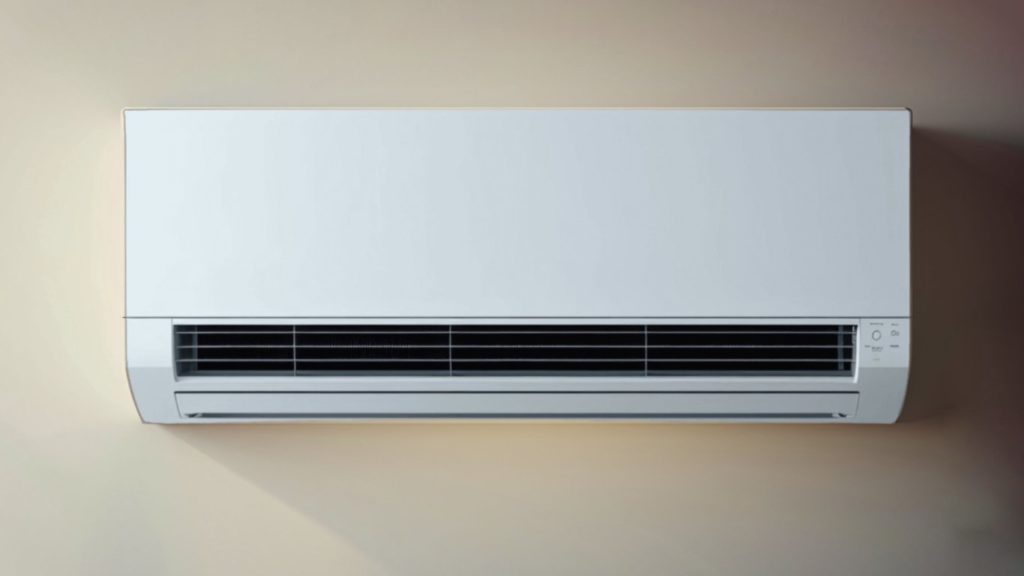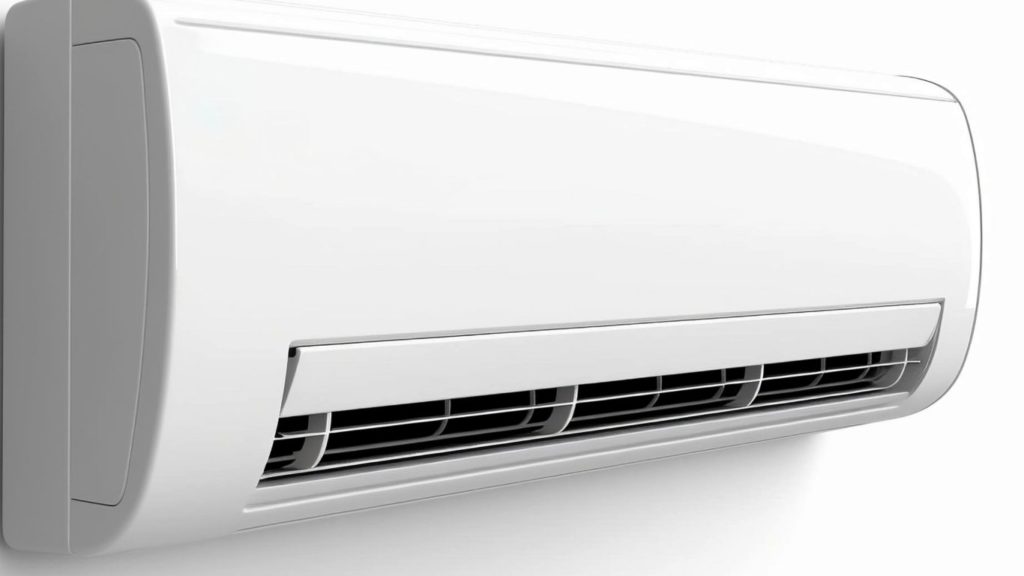
In the early 20th century, an American engineer named Willis Haviland Carrier invented the air conditioner for a printing company to control the temperature and humidity. This laid the foundation for modern air conditioners (A/C) and today sensor technology and mobile applications are part of it. Undoubtedly, A/C provides us with convenience and for this reason, it has become an essential appliance, both at home and in the workplace. Air conditioner proved valuable for over a century and gives us comfort but comes with other advantages and disadvantages.
The benefits of A/C are not limited to just convenience. It has a long list to uncover, which we will discuss at great length in the next section. Then, we will move on to examining the drawbacks to complete our analysis. Without delay, let’s get started.

Advantages of Air Conditioner
We’ll start with the positive aspects of the air conditioner, i.e., cover some of its upsides.
It improves the quality of air
The short and long-term health condition of individuals depends on the quality of the air they breathe. An air conditioner helps enhance the quality of air in several ways. A few include maintaining humidity, removing allergens and pollutants, and preserving the desired temperature.
All these help in dealing with issues such as poor ventilation, indoor pollutants, humidity, and temperature that deteriorate the air quality. Also, along with clean air, it keeps the bedroom cool to improve your sleep quality.
Air conditioner prevents heat strokes
When the outside temperature rises to critical levels, the body struggles to regulate its internal temperature which in the worst case leads to heat strokes. The air conditioner is essential to prevent this, especially during summer. Because it can combat the potential risk to health caused by heat strokes, offices install air conditioning systems to ventilate the space and keep employees healthy. Moreover, it prevents dehydration caused by excessive sweating.
It improves your work efficiency
The results of the study conducted on the impact of heat on office productivity showed that installing the air conditioning system gave positive outcomes. Several reasons back up these results.
Firstly, proper ventilation saves time by eliminating the need to adjust fans and reducing the trip to get water.
Secondly, it creates a calming effect on the work environment which decreases their stress levels and helps them improve their speed and ability to complete tasks. Lastly, it helps ensure technology works in optimal conditions, keeping employee productivity high.
Air conditioners stop insect intrusions
Open windows seem like an invitation to insects, and thus they intrude. While all you are doing is opening a passage for fresh air, the activity can still backfire. The alternative to this is installing an air conditioner that prevents insect intrusion.
Furthermore, it is effective against indoor insects and parasites. Also, they are exothermic, so they prefer warm and humid environments. Switching the air conditioner on will keep your environment cool and control the presence of insects and parasites.
It helps reduce asthma and allergies
The filter in the air conditioner catches particles that cause asthma problems. Eliminating asthma triggers is the best way to lower the number of attacks. Also, allergens such as dust mites, fungi, and mold choose non-circulating air to grow.
Whereas with the air conditioner in place, the air keeps circulating constantly. Moreover, allergens need a warm and moist environment to thrive. Installing this appliance greatly reduces the number of irritants in the air, which ultimately lessens the frequency and intensity of allergies.
Disadvantages of Air Conditioner
Irrespective of how useful an air conditioner is, it has a few downsides that are impossible to shrug off. Therefore, here is a list of several drawbacks.
It can cause heat intolerance
Anything in excess leads to problems. In this case, excessive exposure to air conditioners can make people heat intolerant when they go outside. This is to say, the overuse of air conditioners makes people feel exhausted from exposure to the outside heat. In some cases, it can lead to dizziness, headaches, difficulties in breathing, and in severe cases, heart strokes.
Air conditioner causes health problems
Air conditioners help prevent ill-health cases but at the same time, they can lead to myriad health problems. People who spend a substantial amount of time in an air-conditioned environment are more susceptible to experiencing respiratory symptoms.
Plus, this makes you vulnerable to infectious disease as it dries out mucous essential in keeping bacteria and viruses out. The combination of dry conditioned air and irritation of the mucous membrane is the culprit for issues with the respiratory system.
It can make you lethargic
Researchers have found an occurrence of unexplained sluggishness among people who live and work next to air conditioners. This is especially true when the temperature is set very low. What happens here is, the low temperature makes you shiver, which further pushes your body to produce heat. In this process, the energy is consumed which causes tiredness. This is one of the reasons employees feel lethargic at work but when they exit the building, they feel better. The name for this phenomenon is sick-building syndrome.
Air conditioner is expensive to install and maintain
Even though air conditioners are becoming a necessity, their installation and maintenance can be quite pricey. In fact, installation and maintenance are just one part of the story—additional electricity consumption and subsequent charges are the other. The reason for the expensive pricing is the higher cost of manufacturing and assembling. Moreover, the latest technology and features are rolled out frequently which drives the cost up.
It has a negative impact on the environment
When cooling agents such as Chlorofluorocarbons (CFCs), Hydrofluorocarbons (HFCs), and refrigerant Hydrofluoro-olefins (HFOs) present in the air conditioner are released into the environment, they cause ozone layer depletion over time.
This contributes to global warming, eventually harming the environment. Furthermore, A/C requires lots of energy to operate, thus consuming more electricity and leading to pollution. Also, materials used to manufacture air conditioners release carbon dioxide in the air, causing the greenhouse effect.
What is the Future of Air Conditioning?

After looking at the main advantages and disadvantages of Air conditioners, we have realized that we need more alternative methods to keep ourselves cool in the hotter world. Air Conditioning is not likely to be the future as it uses too much energy and emits too much carbon in the environment.
And that is why architects and innovators are constantly experimenting with alternative air conditioning methods, like radiative cooling, evaporative cooling, etc. Let us talk a bit more about these methods and see if they can prove themselves to be an affordable option for us and the environment.
Radiative Cooling
Long Before the invention of Electricity, people used to use the method of Radiative cooling to make ice in the desert. They used to pour water into insulated pits or shallow trays, and then wait for the water to radiate its heat all night. By morning, the water used to become ice. So, what is this method, and how does it really work?
Radiative cooling is a natural phenomenon in which the surface emits heat into the atmosphere, especially towards the cold universe. It leads to a drop in the temperature of the substance. This process is more noticeable during the nights when the ground and buildings release the heat into the atmosphere leading to a drop in the temperature.
But scientists and engineers are now trying to explore ways that will allow the use of this natural process to develop cooling systems that do not rely on electricity. They are experimenting with special materials that can enhance this process even during the daytime.
Here is why Radiative cooling is the future:
- Requires no electricity, reducing energy costs.
- Effective both during the day and night.
- Minimal components, reducing maintenance needs.
- No chemical refrigerants, reducing environmental impact.
- Can significantly lower temperature, improving comfort
Evaporative Cooling
Evaporative cooling is the process of cooling the air’s temperature through the evaporation of water. In this natural cooling method, the warm air is passed over water, causing the water to evaporate and then absorb the heat from the air. It results in cooler air temperatures. Our own body uses this method to reduce the temperature by sweating.
One of the main reasons this method will be essential to use in the future is its high sustainability and energy efficiency. The traditional air conditioning methods use refrigerants and compressors to achieve the desired temperatures. But this method can achieve the same results with just 10% of the energy required to operate those mechanical cooling systems. Also, it is not bad for the environment at all, unlike mechanical cooling.
Here are some of the benefits of using Evaporative cooling:
- Consumes less electricity than traditional ACs.
- Utilizes water evaporation, avoiding chemical use.
- Increases humidity, improving indoor air quality.
- Lower installation and operational costs.
- Simple design makes maintenance straightforward.